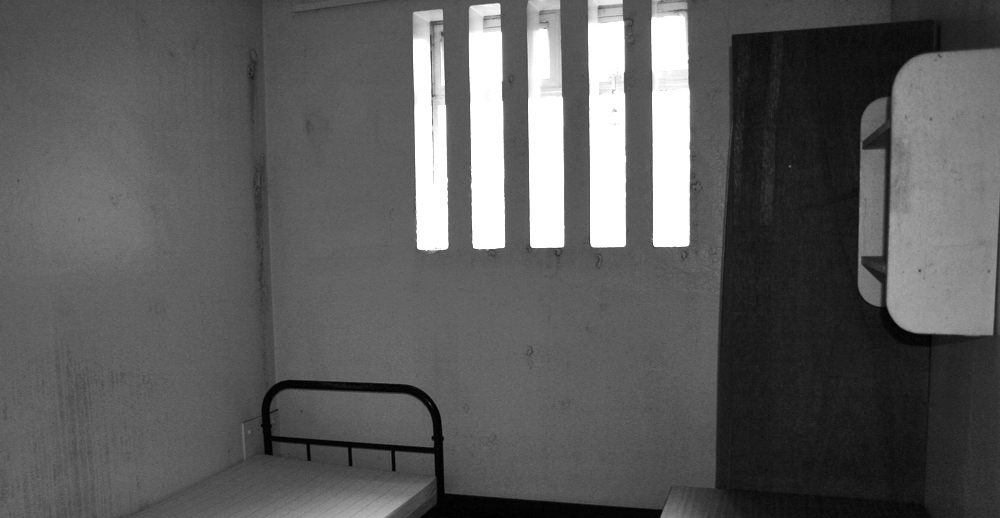Labour should focus on what works not what sounds tough
During the Labour leadership contest in 2010 Ed Miliband declared “I don’t think we should try to out-right the right on crime”. I expected a considered change of direction from the excitable and nasty policies of the last few years,...
During the Labour leadership contest in 2010 Ed Miliband declared “I don’t think we should try to out-right the right on crime”. I expected a considered change of direction from the excitable and nasty policies of the last few years, but I was to be disappointed.
Since May 2010 we have seen some truly innovative ideas to fix our broken penal system coming from the Ministry of Justice. Under Kenneth Clarke’s leadership, there was been a progressive approach to penal policy, with ideas such as the rehabilitation revolution and real work in prison, something the Howard League has been pushing for more than a decade, taking centre stage.
In contrast Labour’s shadow justice team, led by Sadiq Khan, has been too focused on short term political prizes and in many cases opposing for oppositions sake.
I have a great deal of respect for Sadiq Khan who was a brilliant human rights lawyer and in many ways his rhetoric chimes with that of the Howard League. Speaking at our annual Parmoor Lecture last year he talked about the importance of rehabilitation, of reducing re-offending and improving diversionary polices away from the criminal justice system where appropriate. And in March last year Sadiq Khan told a Fabian event it is his aim that fewer people should be sent to prison. So far, so good.
But I have seen little evidence of this positive rhetoric turning into positive penal policy. During the passage of the Legal Aid, Sentencing and Punishment of Offenders Bill Labour made the extraordinary decision to support proposals made by a group of Conservative backbench MPs to extend mandatory custodial sentences for knife crime to children. Despite the clear opposition of Kenneth Clarke, the Bill was passed into law with the inclusion of mandatory custodial sentences for knife crime for 16 and 17 year olds.
We know that more than seven out of 10 children who have served a custodial sentence will reoffend within a year of being released. If we want to see fewer victims of crime it is clear than locking children up in prison is not the solution.
Now Chris Grayling is in post as the new justice secretary we are already seeing a more punitive rhetoric coming from his department. This presents an opportunity for Labour to capture the ground the Tories vacate and begin to put forward a more sensible penal policy.
There is ample opportunity for Labour to criticise intelligently government policy. The party should be questioning the coalition’s championing of payment by results in our criminal justice system. We have already seen how this can lead to cherry picking in a payment by results programme at Feltham young offenders institution in London. Private providers will only take limited risks and measures of success can be manipulated. Yet the coalition is putting a lot of faith in the payments by results model to achieve the rehabilitation revolution we hear so much about.
With the next general election less than 1,000 days away it is time for the Labour party to begin to put together a coherent argument on crime and justice; one that is not based on political point scoring but will tackle the failings of our criminal justice system. It is perfectly possible to achieve less crime, safer communities and fewer people in prison. Labour should be driving forward the justice agenda by focusing on what works rather than what sounds tough.
I am hopeful that this will happen now that the Labour party is restructuring its policy direction. ‘Punishment and Reform’ published by the Fabians with a forward by Sadiq Khan in December last year had some valuable contributions to the debate. I understand Ed Miliband is chairing the new policy reviews himself, in apparent readiness for creating an office ready to move into Number 10. I hope that a more coherent lead is given to frontbenchers to present a thoughtful (and of course, more cost effective) policy on criminal justice.
Frances Crook is a speaker at our ‘Crime, Punishment and Reform: Driving forward the Justice agenda’ fringe event at Labour party conference on Monday 1st October 18.00 – 19.30.
